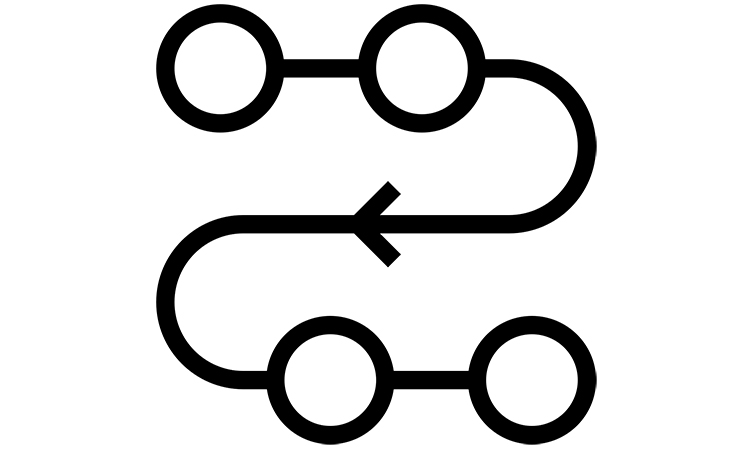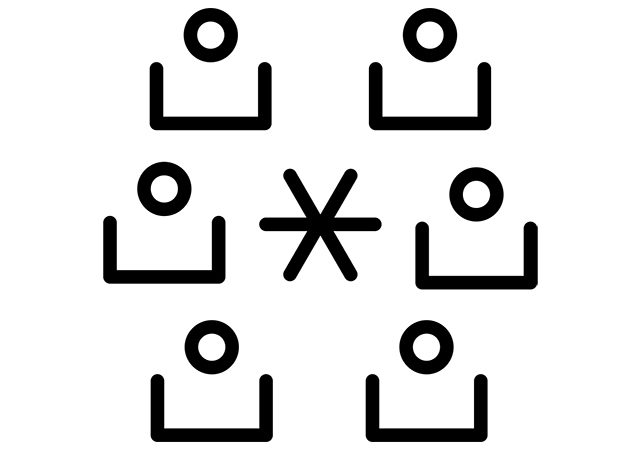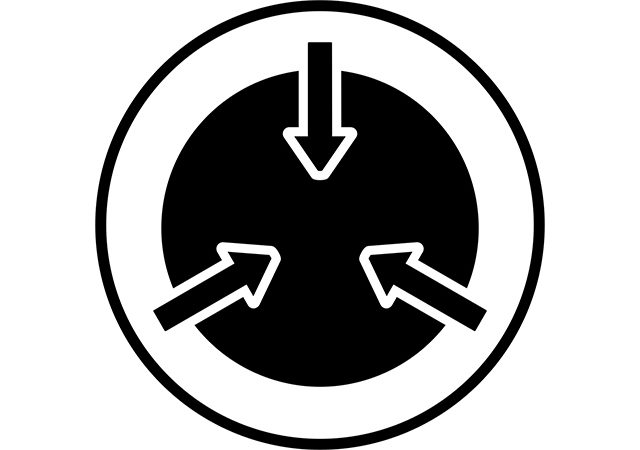Project processes are divided into project management processes and product oriented processes. The first describes the organisation of project management work. The second is dependent on the project product life cycle.
Project stages can be categorised as follows: initiating processes, planning processes, executing processes, controlling processes, and closing. Project management processes are monitoring, controlling, communication, and people management. The project phases are related to one another and the result of a preceding phase represents the start of the next stage.
A project stage can be characterised with inputs, outputs, techniques and tools. Let’s consider these project stages:
The initiation stage is the authorising part of the project.
The planning stage is the outlining of the project activities for the whole project life cycle. The planning stage processes are divided into the key processes and supporting processes. The key processes are:
- Scope planning
- Scope definition
- Activity planning
- Activity definition
- Activity sequencing
- Activity time estimation
- Costs estimation
- Risk planning
- Schedule development
- Costs budgeting
- Project plan development
Supporting processes are:
- Quality planning
- Organisational planning
- Procurement planning
- Solicitation planning
- Risk identification and analysis
The key project processes are the essential projects needed for project implementation. These processes should follow in a certain order. Key planning processes consist of scope creation, identification, analysis, budgeting, and time estimation. Supporting processes are related to interactions between key processes.
The next project stage is the execution processes. They can be divided into key and supporting processes. The key execution process is sustained by the supporting execution processes, which are:
- Quality assurance
- Source selection
- Team development
- Contact administration
The next stage is controlling – combining performance reporting and change control. The project progress should be controlled and monitored along the project life cycle.
It is important for the project manager to make reasonable changes where required during the project life cycle. The supporting processes for the controlling stage are:
- Scope verification
- Scope change control
- Quality control
- Schedule control
- Risk monitoring and control
The last project stage is the project closing process. It consists of the closing contract, actions related to the closing of any opened questions and administrative closure process.




